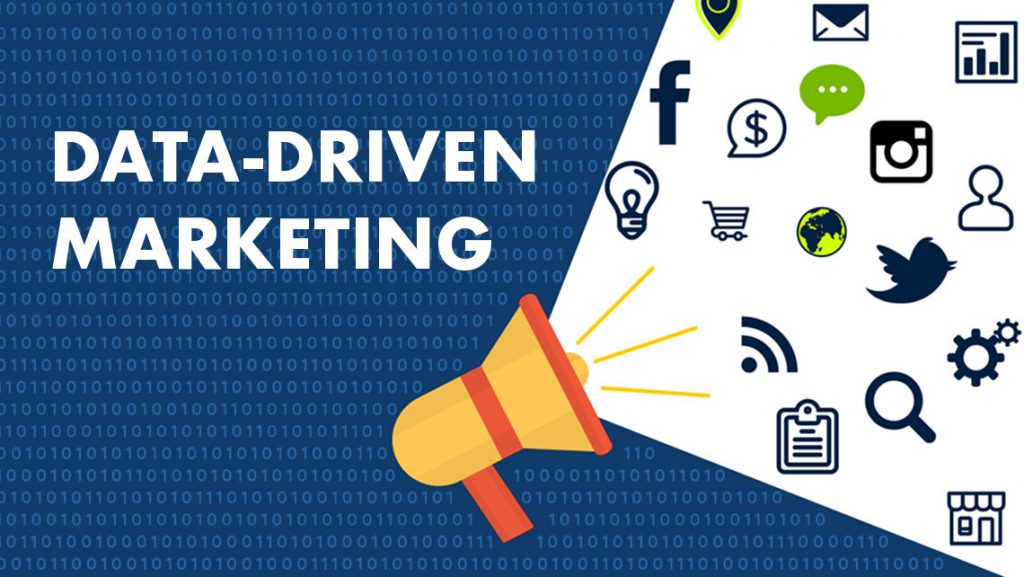Marketing is the engine that drives business growth, but it’s not just about campaigns and catchy slogans.
Marketing is the engine that drives business growth, but it’s not just about campaigns and catchy slogans. True success lies in smart, strategic planning that aligns marketing efforts with business goals. By leveraging innovative approaches and tailoring strategies to connect with the right audience, businesses can unlock new opportunities and scale with confidence. This guide explores the power of smart marketing strategies and how they can be the key to sustainable growth in an ever-evolving market.
The Role of Marketing in Business Growth
Marketing plays a pivotal role in business growth by serving as the bridge between a company and its customers. It’s through marketing efforts that businesses build brand awareness, shaping how they are perceived in the marketplace. A strong brand presence helps attract new customers by making your products or services stand out among competitors.
Strategic marketing goes beyond attracting initial interest. It’s also about fostering deeper connections with your audience, turning first-time buyers into loyal advocates. Through consistent messaging, targeted campaigns, and valuable content, marketing cultivates trust and encourages repeat business.

Additionally, marketing provides critical insights into market trends and customer preferences, enabling businesses to adapt and thrive in changing conditions. Whether it’s a small business tapping into local audiences or a global brand expanding its reach, smart marketing is the key to staying competitive and relevant.
By investing in thoughtful, strategic marketing efforts, businesses can not only grow but also sustain success in the long term.
How to Identify and Reach Your Target Audience
Understanding your target audience is the foundation of any successful marketing strategy. Knowing who your ideal customers are enables you to craft messages and campaigns that resonate, leading to stronger connections and better results.
To identify your audience, start by analyzing your existing customers. Look for patterns in demographics, behaviors, and preferences. Leverage tools like customer surveys, analytics platforms, and social media insights to deepen your understanding. Additionally, research competitors to see who they’re targeting and how your offerings fulfill unique needs.
Once you’ve identified your audience, reaching them requires a strategic approach. Tailor your marketing channels to where they spend their time, whether that’s social media platforms, email, or niche communities. Develop personalized content that speaks to their interests and addresses their pain points.
By focusing on the right people with the right message, you maximize engagement and ensure your marketing efforts drive meaningful results. Building this alignment is key to earning trust, fostering loyalty, and driving growth for your business.
Leveraging Digital Tools for Smarter Marketing
Digital tools have revolutionized the way businesses approach marketing, making strategies more efficient, targeted, and measurable. With the right tools, companies can streamline efforts, gain valuable insights, and stay ahead in a competitive market.
Analytics platforms like Google Analytics provide in-depth data on customer behaviors, enabling marketers to track performance and fine-tune campaigns in real-time. Automation software, such as email marketing platforms, saves time by managing repetitive tasks like sending newsletters or following up with leads. These tools allow businesses to focus on crafting meaningful connections.
Social media tools also play a vital role, helping brands reach their audiences directly and with precision. Platforms like Hootsuite or Buffer simplify managing multiple accounts while providing insights into engagement metrics. These tools not only enhance visibility but also allow for authentic interaction with your audience.
By leveraging these digital solutions, businesses can optimize strategies, make data-driven decisions, and scale marketing efforts effectively. The key is to choose tools that align with your goals and use them to maximize impact.
The Power of Data-Driven Marketing Decisions
Data-driven marketing empowers businesses to make smarter, more effective decisions based on insights rather than assumptions. By analyzing data, companies can better understand customer behavior, preferences, and trends, enabling more precise targeting and personalized messaging. This translates to campaigns that resonate deeply with the audience.

One key benefit of leveraging data is improved return on investment (ROI). When marketers know which channels and strategies deliver the best results, they can allocate resources efficiently, avoiding wasted efforts on ineffective methods. For example, tracking click-through rates or engagement metrics helps refine campaigns in real-time, maximizing impact.
Data also uncovers actionable insights that drive innovation. Understanding what your audience truly values allows brands to create tailored products, services, or content that address their needs. Furthermore, predictive analytics tools can forecast trends, helping businesses stay ahead of the competition.
By basing decisions on reliable data, marketers ensure their strategies are not just effective but also adaptable to evolving customer expectations, paving the way for sustainable growth.
Measuring Marketing Success with Key Metrics
Measuring marketing success is crucial for evaluating your efforts and ensuring your strategies are delivering results. By tracking key metrics, you gain clarity on what’s working and where improvements are needed, allowing you to make data-informed decisions.
Return on Investment (ROI) is one of the most critical metrics, revealing whether your campaigns are delivering financial value. Conversion rates, which track how many prospects take desired actions like making a purchase or signing up, provide insight into customer engagement. Customer Acquisition Cost (CAC) helps determine the efficiency of your marketing spend, showing how much it costs to gain a new customer.
Other useful metrics include website traffic, lead generation rates, and customer retention levels, all of which paint a fuller picture of your marketing performance. Regularly analyzing these figures allows you to tweak campaigns, optimize budgets, and focus on the tactics that drive the best outcomes.
With the right metrics guiding your decisions, you can steer your marketing efforts toward consistent growth and long-term success.
Final Thought
Marketing is the backbone of business growth, connecting brands with their audiences while driving meaningful engagement. By understanding your target audience, deploying digital tools, and leveraging data, you can craft smarter, more impactful strategies. Measuring success through key metrics ensures your efforts stay focused and effective. Strategic marketing not only fosters loyalty but also positions your business for long-term success. With the right approach, marketing becomes a powerful tool to unlock potential and achieve your business goals.


COMMENTS